Climate Change & Agriculture
Agriculture and climate change are the two most pressing determinants for Pakistan’s future. Agriculture is subject to the dictates of human policies and interventions, and so far, both policies and interventions have produced sub-optimal results. Climate is subject to the dictates of nature in response to human intervention – none of them good for the planet.
Agriculture is the backbone of Pakistan’s economy. It employs about 37% of the workforce and accounts for one fifth of the GDP. The challenges it faces in 2025 are immense. Water scarcity has become a national emergency. The irrigation infrastructure is crumbling. The soil is degrading. Crop yields are among the lowest in the world. Production is below par. Farmers are helpless.
Yet, intractable as these problems may seem, as amply demonstrated by Aurora’s coverage, the solutions not only exist, they are relatively easy to implement. The problem is political will. Agriculture is too big and crucial a sector to function without government support and policies – and for policies to work, they must be implementable and take into account the realities on the ground. The corporate sector too has a major role to play, especially in terms of investment, applied research and technological innovation. Agriculture has enormous business potential across multiple sectors of the economy. The business case for agriculture exists, but first of all, sustainability in intent is crucial.
Climate change affects everything. It poses an existential threat to the entire planet long term. In Pakistan, the effects are already here.
Climate change is also a divisive issue. It is about who controls the climate discourse and who is imposing whose agenda on whom. It is about the global North-South divide, about how highly developed countries have built their development through the adoption of practices the consequences of which are being paid by the entire planet, and about how countries in the process of development must now forego their own aspirations of growth because the planet cannot sustain them.
Unjust as matters are, the reality is that Pakistan’s is among the 10 most vulnerable countries. Our glaciers are melting, our water resources are depleting, our summers are even hotter, and our agricultural harvests are subject to unpredictable climate events. As Aurora has highlighted, the issues are complex, especially when Western governments pursue their own agendas, particularly on the subjects of climate finance and justice. These issues will have to be debated at the global level.
In the meantime, the climate waits for no one, and climate change needs to become a national priority backed by a national response based on partnerships between the government, the private sector and civil society. Solutions, if they are implementable and effective, require changes in mindsets and a commitment to make the adaptive changes prescribed. Investments need to be made in acquiring the expertise and capacity to deliver climate change goals across multiple disciplines. This is the direction in which the national conversation must head.
Both agriculture obsolescence and climate change are severely impacting Pakistan’s economy and its food security. Over the last five years, Aurora has acted as a forum where experts from across the spectrum of the agri-economy and the climate change debate have presented their solutions and insights, with the emphasis on how the private sector and the government can collaborate.
INTERVIEWS
 Imran J. Nasrullah, MD, Golden Agri-Resources
Imran J. Nasrullah, MD, Golden Agri-Resources
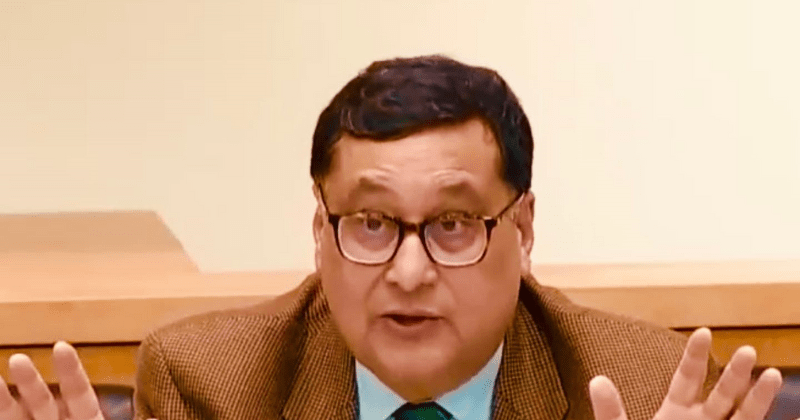 Adil Najam, Founding Dean Emeritus & Professor, Boston University Pardee School of Global Studies
Adil Najam, Founding Dean Emeritus & Professor, Boston University Pardee School of Global Studies
PROFILES
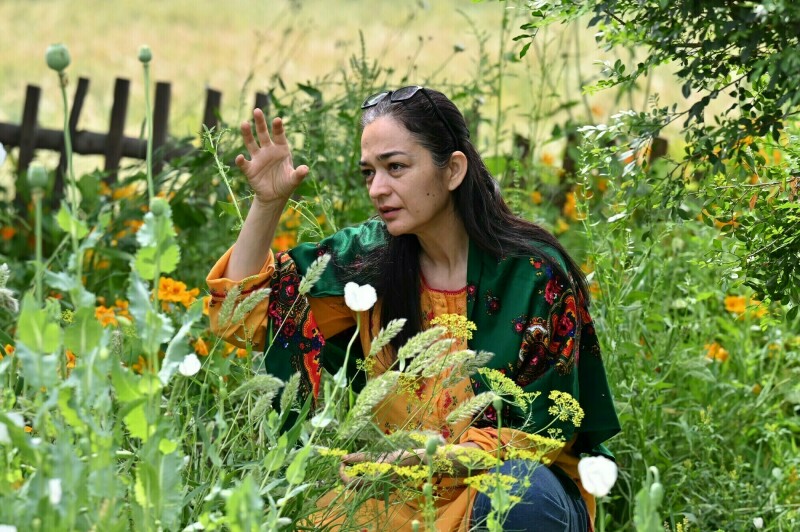 The Agrarian Thespian: Samiya Mumtaz, farmer and actor
The Agrarian Thespian: Samiya Mumtaz, farmer and actor
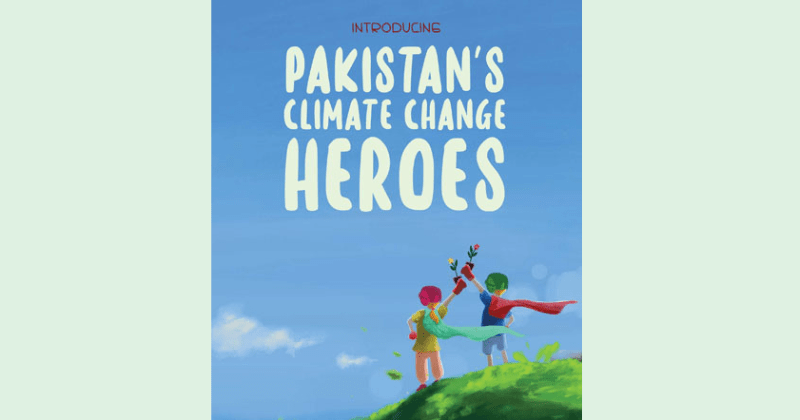 Ordinary People With Extraordinary Commitment: Introducing Pakistan’s Climate Change Heroes
Ordinary People With Extraordinary Commitment: Introducing Pakistan’s Climate Change Heroes
ARTICLES
 Converging Business Sustainability With Climate Resilience - Faraz Khan.
Converging Business Sustainability With Climate Resilience - Faraz Khan.
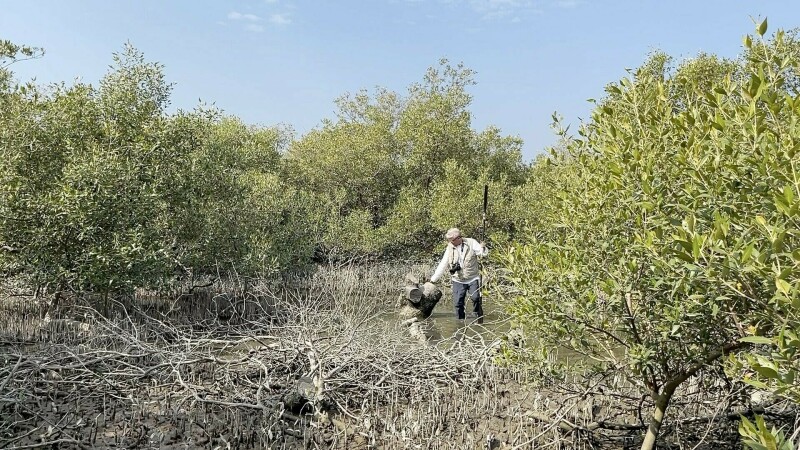 Saving Karachi’s Oxygen Islands - Tariq Alexander Qaiser
Saving Karachi’s Oxygen Islands - Tariq Alexander Qaiser
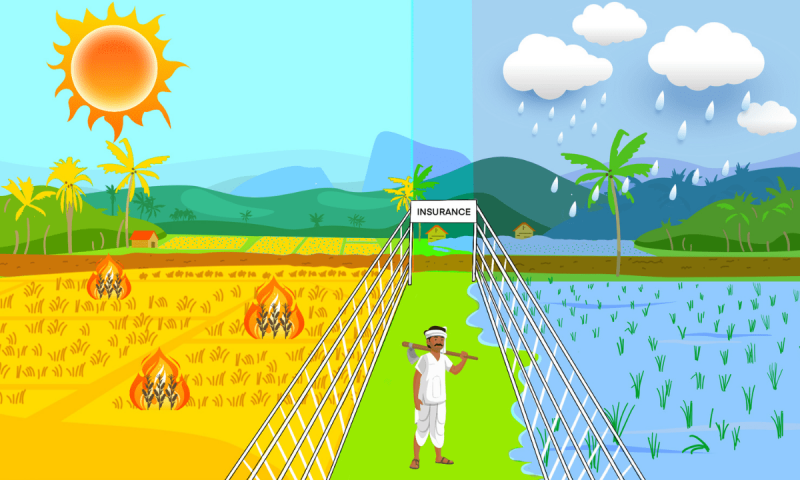 Insuring Against Climate Change - Kazim Saeed
Insuring Against Climate Change - Kazim Saeed
 Disrupting Agriculture’s Fiscal Model - Aijaz A. Nizamani
Disrupting Agriculture’s Fiscal Model - Aijaz A. Nizamani
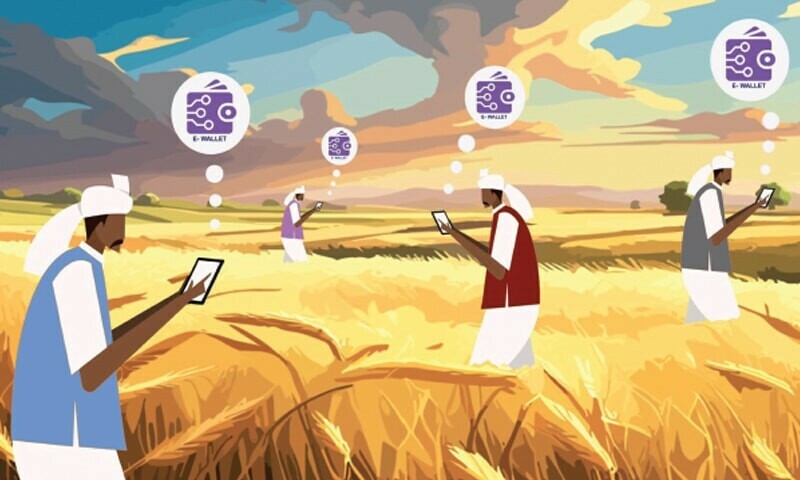 Incentivising Agri-Financing - Ammar H. Khan
Incentivising Agri-Financing - Ammar H. Khan
 Fighting Pakistan’s Growing Food Insecurity Crisis - Aisha Khan
Fighting Pakistan’s Growing Food Insecurity Crisis - Aisha Khan

Comments (1) Closed